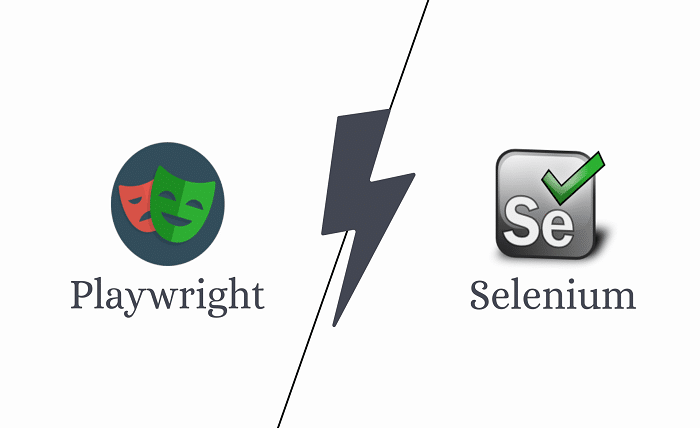In the modern day, web browser and web applications and API testing have been massively increased. A wide range of applications is available for testing the complexity of web applications. Choosing the best Web application testing tools lets to easily adhere on reliability and quality standards. These also extensively offer complete, seamless user experiences.
Playwright and Selenium are highly preferred test automation frameworks. These have been used for testing the web applications based on the different attributes. The difference between the playwright vs selenium varies with features and caters to varied needs in the automation world.
What Is Playwright?
Introduced by Microsoft, Playwright is an amazing Browser Testing framework with plenty of features. Normally, the Playwright is the absolute open-source NodeJS-based framework used by many developers in the modern day. Playwright offers wider coverage on cross-browser testing. Playwright also supports Firefox, Chrome, WebKit, and more. This framework is also used in multiple programming languages like Python, Java, .NET C#, and more.
What Is Selenium?
Selenium is the ultimate open-source automation testing suite preferred by many number of developers. It allows the automation testing of the web application to be easier when compared to others. Selenium also extensively automates browsers as well as it interacts with the UI elements. These also replicate user actions for testing on web applications. Selenium framework is also known for automating along with completely controlling web browsers. Advanced UI elements make it completely efficient in the modern day to write test scripts.
Comparison – Playwright Vs Selenium:
-
Development:
Playwright has been developed by Microsoft to address web application testing. These offer maximum capabilities when compared to Selenium, like the built-in network support. Selenium is the finest open-source project developed for simplifying the testing process on web applications.
-
Web Automation Support:
Playwright and Selenium are well-versed in performing complex web automation tasks. Normally, Selenium interacts using the page’s elements in the traditional aspects. These could lead to slower execution times. However, the Playwright is involved with modern APIs, which could lead to fast interactions along the web elements.
-
Cross-Browser Testing:
Playwright is enabled to streamline the support for Chrome, Firefox, Edge, and more. These also ensure with providing higher performance and even consistency in the platforms. Selenium supports on range of browser which are crucial for testing the older versions of browsers. Knowing the difference between selenium vs playwright varies to the extent.
-
Language Support:
The playwright is also based on JavaScript, and it also supports Python, Java, C#, and many others using third-party libraries. Selenium is known for supporting different languages such as Java, C#, Ruby, JavaScript, and Ruby. This makes Selenium highly versatile when compared to the Playwright.
-
Performance and Speed:
Playwright and Selenium vary with the performance level and speed of testing. Playwright is considered as faster when compared to Selenium during the automated tests on modern applications. These are significant for handling asynchronous events along with interactions.
Selenium’s Grid is quite preferred for scalable parallel execution. These are highly beneficial for large-scale testing environments. Playwright is also known for supporting parallel testing efficiently. These have the ability to start and stop browser contexts.
Conclusion:
No matter the test automation framework you are choosing or Selenium, cross-browser testing is mandatory. These would guarantee websites for delivering seamless UX even, irrespective of the device. Cloud Selenium grid is also known for automated testing which accelerates 10X with parallel testing.





